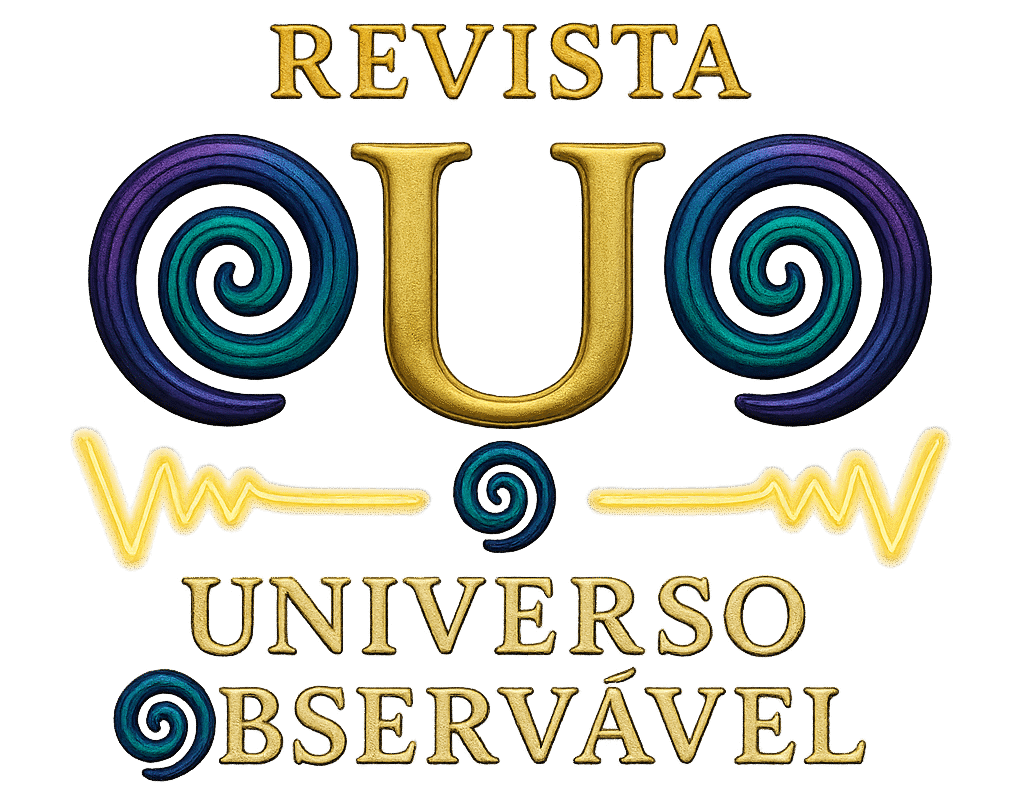ISSN: 2966-0599
v.2, n.9, 2025 (Setembro)
METADADOS
DOI: 10.5281/zenodo.17156253
Author 1: Lucas Wagner Ribeiro Aragão
Biography: Universidade Estadual de Mato Grosso do Sul
E-mail: lucas_wagner_1@hotmail.com
ORCID: https://orcid.org/0000-0001-5590-5681
==========================================
Author 2: Viviane Mallmann
Biography: Universidade Estadual de Mato Grosso do Sul
E-mail: dravivianemallmann@gmail.com
ORCID: https://orcid.org/0000-0002-1707-1177
==========================================
ABSTRACT: Financial education poses a crucial challenge for young adults in Brazil, especially amid expanding consumer credit, the digitalization of payment systems, and persistent social inequalities that make this group vulnerable to impulsive consumption and indebtedness. This article presents a narrative, descriptive review of literature published between 2010 and 2025, aiming to understand how 18–30-year-olds relate to financial education and which factors contribute either to building autonomy or to reproducing vulnerabilities. Fifty open- access studies were analyzed and organized into five descriptors regarded as pillars of financial education: understanding of the concept and its relevance; personal and family financial planning; youth inde btedness; impacts of digitalization and PIX; and public policies and institutional programs. The results show that youth recognize the importance of financial education but display low levels of financial literacy and fragile management practices, heavily influenced by the family environment. Long-term planning—such as saving and retirement— remains uncommon, and most young people tend to operate without formal budgeting. Indebtedness emerges as a recurrent phenomenon, associated with status-driven consumption, early use of credit, and the effects of economic crises, such as the pandemic. Digitalization has broadened financial inclusion but also introduced risks of fraud, disorganization, and impulsive decision-making. Public policies have advanced normatively but remain limited in practice, particularly in terms of coverage and adaptation to local realities. We conclude that youth financial education in Brazil stands at a crossroads: it can serve as an instrument of autonomy and citizenship when critical, contextualized, and integrated into social practices, or it can perpetuate vulnerabilities when reduced to technical content disconnected from everyday life.
Keywords: young adult economic literacy; budgeting and expense control; youth indebtedness; digital payments and PIX; public policies for banking inclusion.


